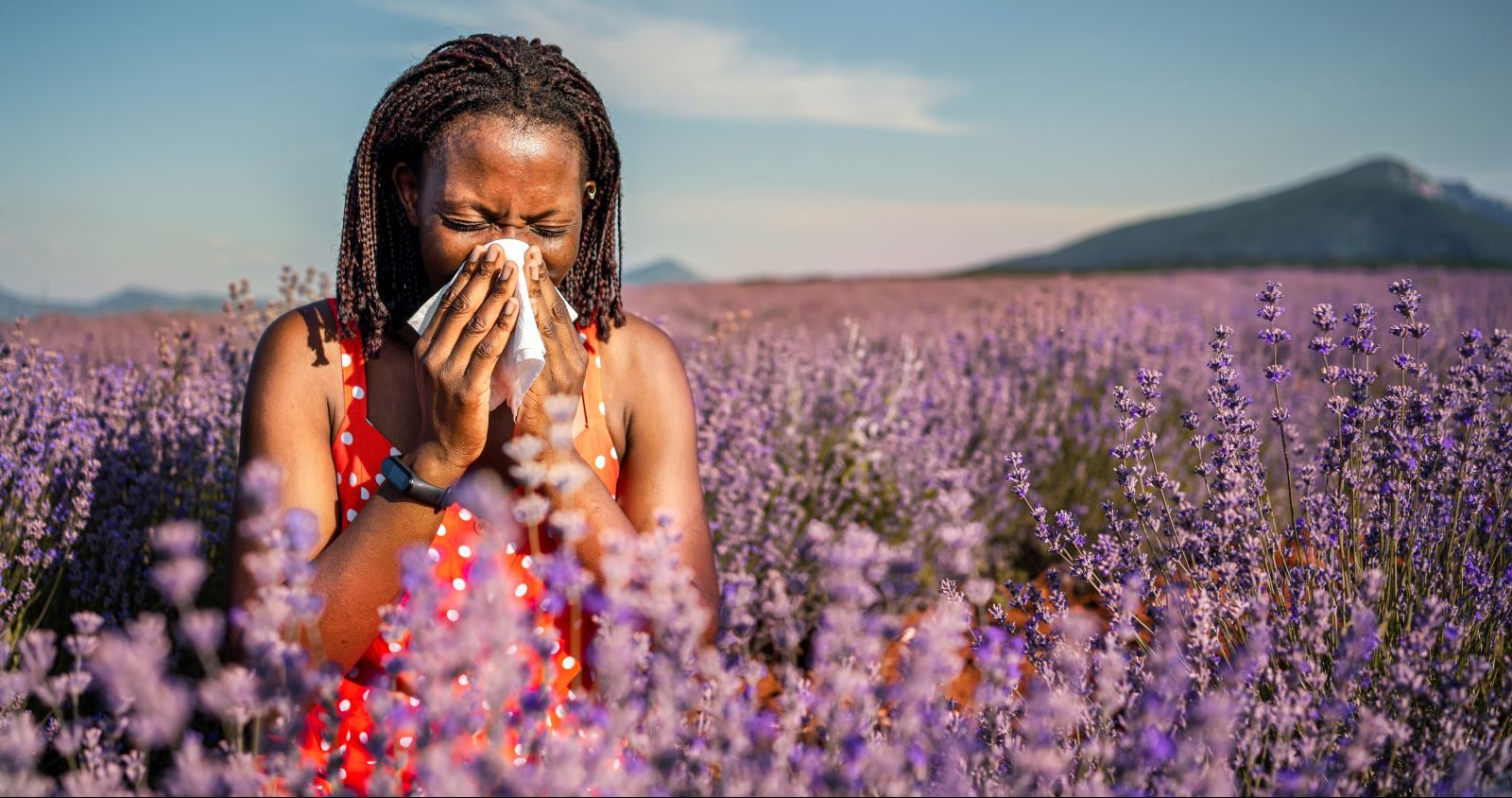<< Back
Warm Winter Brings Spring Woes

April 10, 2023
Everyone but skiers celebrate when winter temperatures aren’t too harsh, but the milder weather could come back to bite us later.
Changing patterns are raising average temperatures worldwide, causing outbreaks of disease and the spread of pathogens that are multiplying faster and becoming more dangerous.
“Scientists noted such changes – affecting viruses and bacteria – have already yielded a 60% increase in known infectious diseases,” says Henry Anyimadu, MD, chief of infectious disease for MidState Medical Center and The Hospital of Central Connecticut.
More pests
While milder winter temperatures in New England feel like a treat, they have several implications for our health later. Most importantly, we depend on extended freezes to kill disease-carrying insects.
Therefore, Dr. Anyimadu says one impact is:
- Increased risk of Lyme disease. Lyme disease is caused by bacteria transmitted to humans through an infected tick bite. Left untreated, Lyme can cause fever, rash, arthritis and facial paralysis.
- More West Nile disease. Infected mosquitoes pass West Nile Virus to humans through their bites. While most infected people recover in days or weeks, the virus can cause lingering weakness and fatigue.
“Warmer winters, in general, drive the expansion of vectors, the diseases they cause and the periods of human exposure to them,” he explains, referring to organisms acting as hosts for parasites. “The Centers for Disease Control and Prevention notes the number of illnesses reported from flea, mosquito and tick bites doubled in the United States between 2004 and 2018.”
His advice: Check yourself year-round for ticks after being outside, especially in high grass or wooded areas.
Health battle
The general warming of the planet can also cause an increase in infectious pathogens that are adapted to warmer conditions, Dr. Anyimadu adds. As warmer conditions become more normal here, pathogens can thrive to cause diseases that our normal defense mechanisms may not be able to fight, he says.
Allergy alert
Another result of a mild winter is an earlier start to – and potentially worse – spring allergy season.
“I’m reluctant to make specific predictions about this year but a warmer winter does correlate with longer periods of exposure to allergens,” Dr. Anyimadu says, suggesting people start seasonal allergy remedies earlier than usual to reduce their impact.